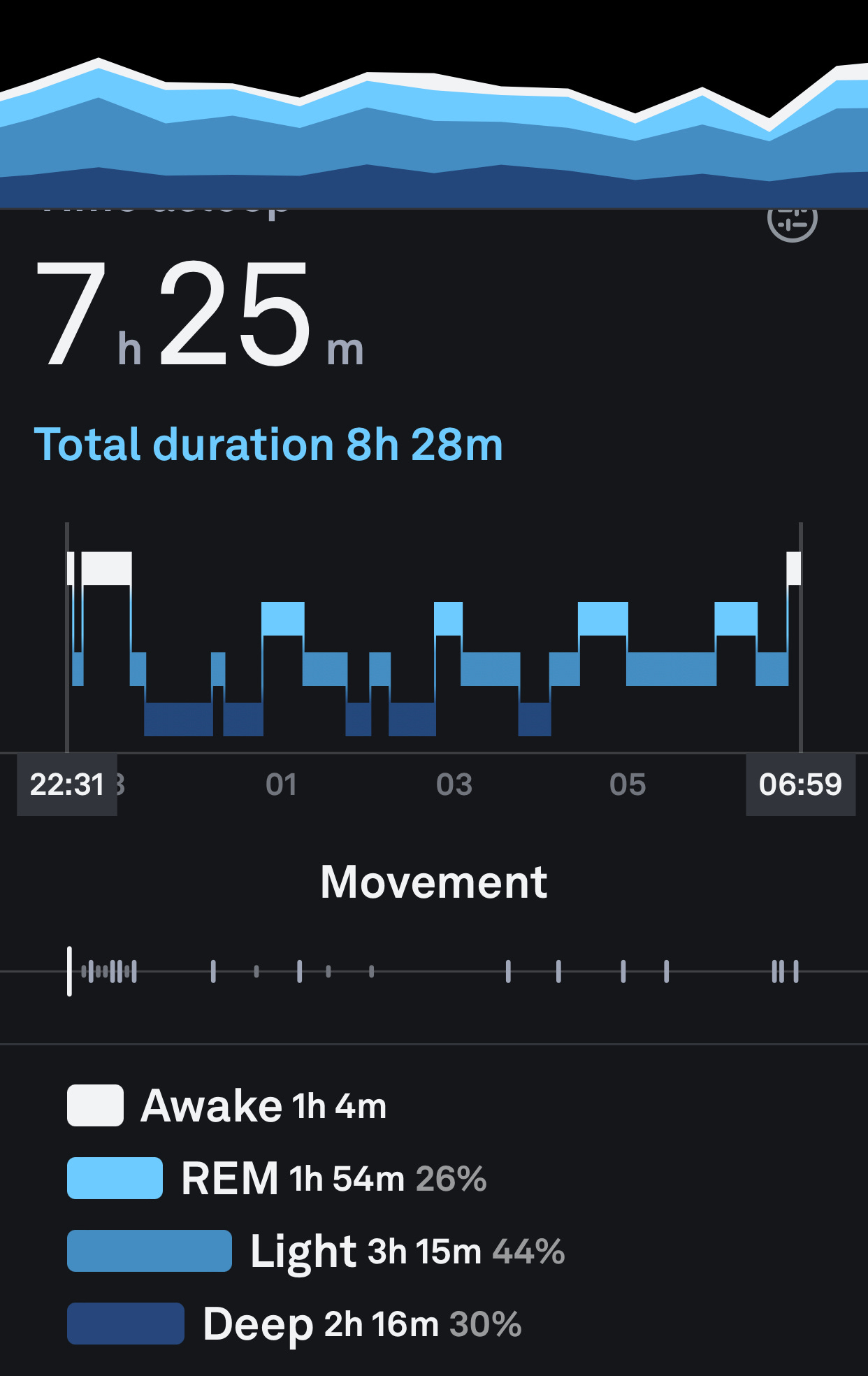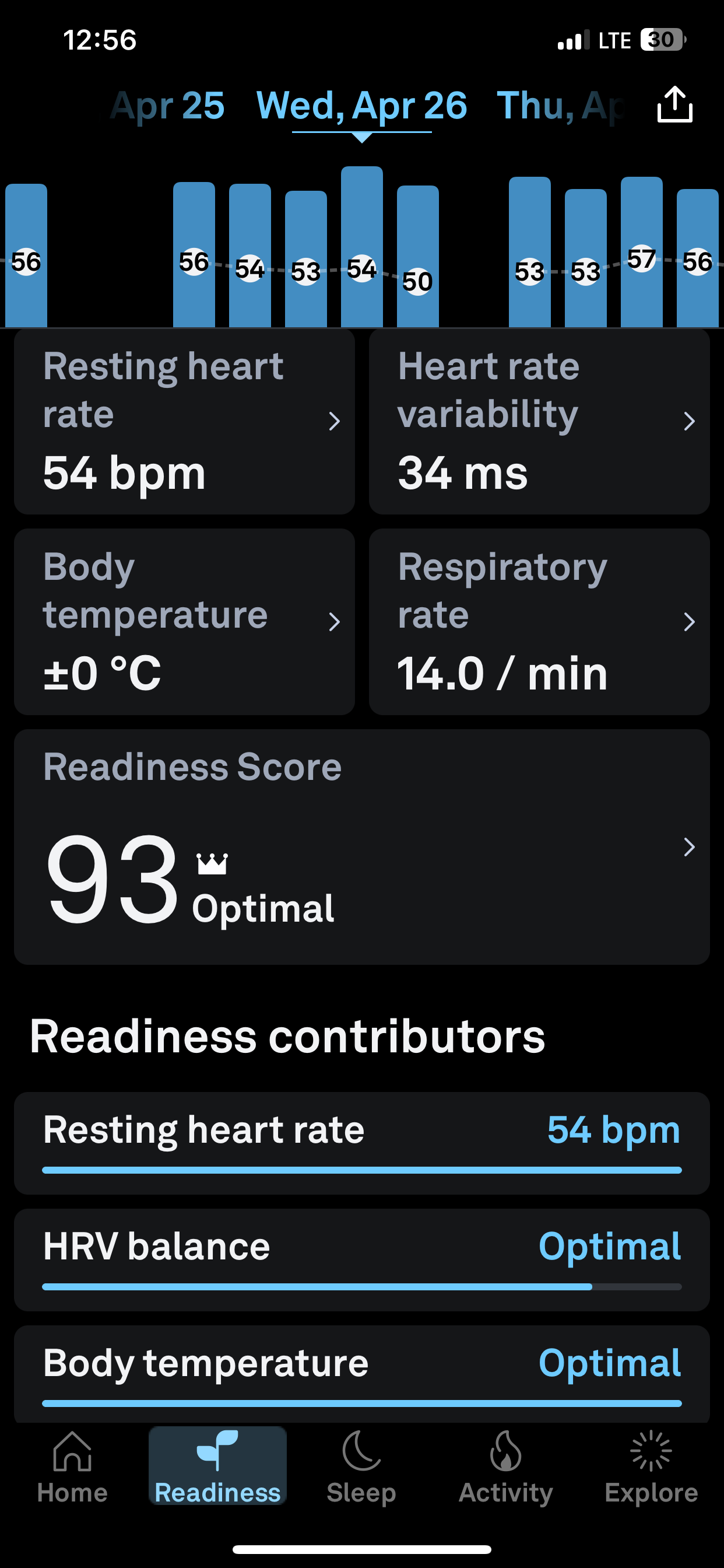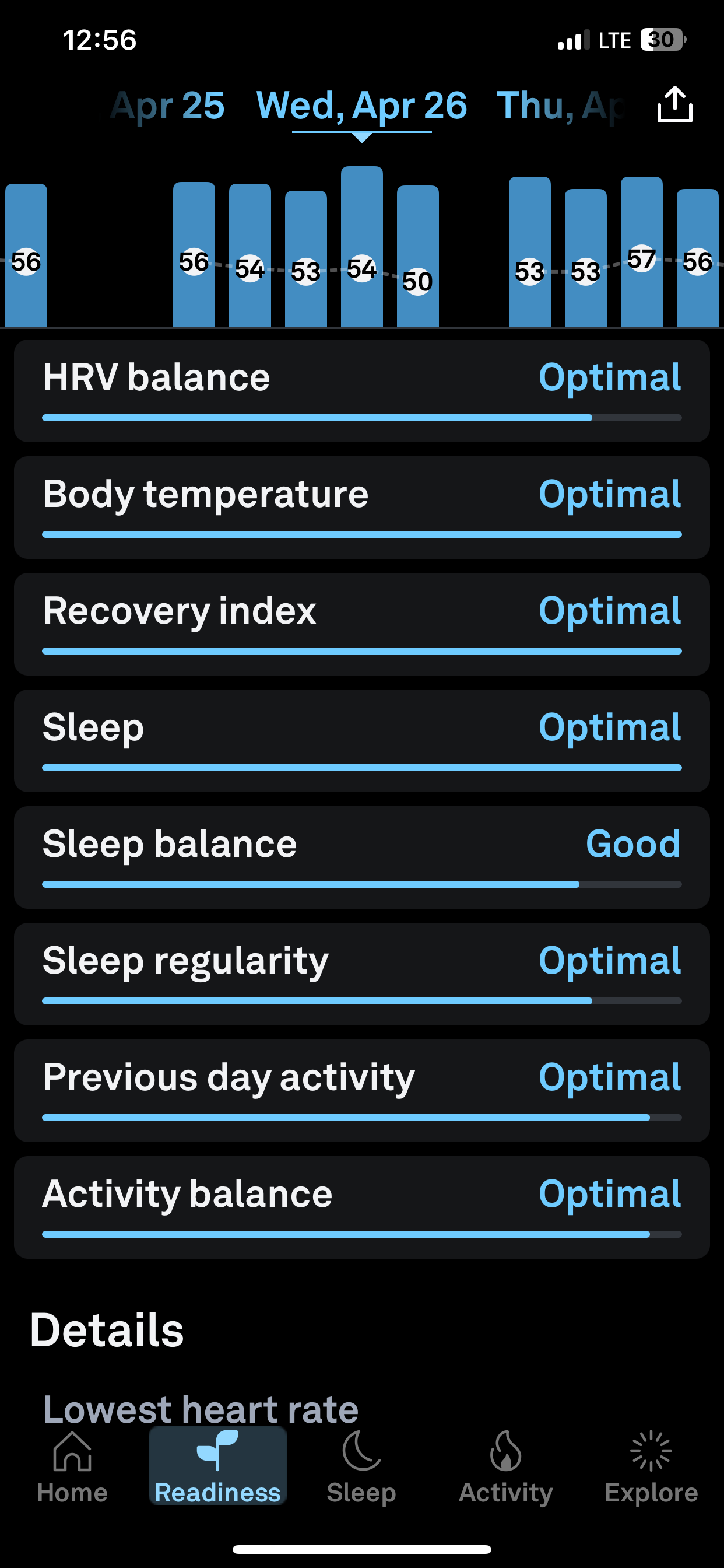Rituals: How to get a perfect night's sleep
Thanks to gadgets, ideal sleep environments, and unconventional sleeping arrangements
If you ask me how I'm feeling, it most likely depends on how I slept the night before.
I do my best to prioritize my physical and mental health, and one of the biggest contributing factors of whether I’m feeling good or bad is how I’m sleeping.
Good health requires adequate, proper, and quality sleep; this is substantiated by experts like Dr. Andrew Huberman and neuroscientist Matthew Walker, author of “Why We Sleep.”
Turns out, sleep doesn’t just allow the body to repair and recuperate – it’s also the time when your brain gets to do the same.
Sleep lets your brain reconcile and index memories, recalibrate emotions, and make space for greater learning.
A lack of sleep, on the other hand, has been linked to anxiety, depression, and mood disorders, and (no surprise) can impair your judgment and decision making.
Which is why I’ve tried all sorts of gadgets and doodads, made home modifications to my environment, even exercised contrarian sleep habits at the expense (or benefit?) of relationships, to achieve my best sleep.
Here’s how to get a perfect night of sleep
In your sleep environment
At home, my bedroom is optimized for a quality sleep.
When I’m on the road, however, I try to pick AirBnbs or hotels that are conducive to getting good sleep.
Generally, I stick to the following:
No television in the bedroom
While I'm guilty of bringing the iPad to bed to read or watch a show, I generally try to avoid screens too close to bedtime. I also try to leave the phone outside of the bedroom to avoid the temptation of doom scrolling and distractions that will only trigger unhealthy anxieties of “doing” – either not enough or the next day’s to-do list
Room darkening, blackout shades
At night, my shades block out any outside light, and in the morning, let in just enough of a crack of sunlight to allow for a circadian wakeup devoid of alarmsSleep mask
If you don’t have blackout shades, for example, if you’re sleeping on a plane or your sleep area lacks shades, then a sleep mask is helpful. I find these simple, puffy “3-D” styles to be the best because they fit snugly and comfortably without touching or smushing your eyeballs and if you really want to get fancy, then these block out 100% of light and take you straight to Morpheus’ embraceHigh-quality mattress, pillow, and bedding
My bed is the perfect comfort level of soft but firm. My pillows feel the same. My bedding is either sateen cotton or linen, and keeps me cool and comfortable. You can get a look at my setup hereEar plugs
No matter big or small cities, mountains or seas, I’ve contended with all sorts of noises: sirens, trucks, trains, music, lawn equipment, party people, birds, and seagulls – you name it I’ve blocked it out with simple drugstore ear plugs like these pink and yellow ones or these orange onesLower bedroom temperature
To get a deeper night’s sleep, lower the thermostat anywhere between 69 to 72 degrees Fahrenheit (20 to 22°C)
On your body
There are numerous ways to monitor and track your sleep.
I wore a Garmin Forerunner 45 for a while, but thought it was bulky, and didn’t provide enough detailed sleep info. (I still wear it, though now just for workouts.)
In 2021 I switched to a Gen 2 Oura ring. It’s a great way to learn about and improve your sleep habits.
Each day, you receive a “sleep score” that is determined by your sleep efficiency, duration, and timing, among other metrics, like lowest sleeping heart rate, your HRV, and body temperature:

Wear it for a long period of time, say, for a year or two years, and you’ll figure out all the factors that make for a great sleep, like not eating too close to bedtime, or getting enough physical activity during the day.
In fact, the ring was able to detect my body’s rising temperature days before I tested positive for Covid last October.
Alas, my Oura ring died a couple of months ago (just a few days after the 2-year warranty expired) and after a year and half of dedicated, religious wearing, I stopped being so obsessed about the metrics and feeling the need for a gadget to tell me how to feel.
But, I’m grateful for my Oura experiment and learned a lot.
In your personal space
I’ve had multiple conversations with both health-obsessed and non-health-obsessed friends about how they sleep.
Most cohabiting couples would never consider sleeping separately from their partners at night.
But consider this: It may help to sleep in separate rooms (if that’s an option) if your partner has early wakeups, is prone to sleep apnea, or even gets up frequently to use the bathroom in the middle of the night.
Frankly, don’t you deserve to be a bit selfish about your sleep?
You may even harbor less resentment toward your partner over time for them disturbing your sleep.
And, you’ll have the entire real estate of your own bed to be comfortable.
What about sex?
Sleeping apart doesn’t happen every night.
And, sex can happen first and then the sleeping apart part after. It doesn’t have to be weird.
Like the relationship and most things in life, romance happens with effort and even a little communication.
What’s your sleep ritual? Any tips or hacks I missed?
**
Until next time,
Shindy
On Instagram + TikTok
***
Did you enjoy this newsletter? Please like and share it!
Please like it by clicking on the heart at the very top or bottom of this post, or share it with you someone you think would find value in it. 🙏








